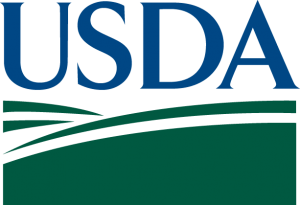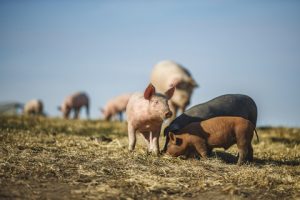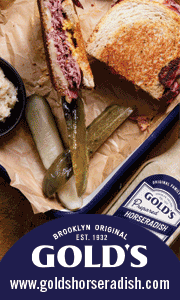USDA to Provide Aid to Organic Dairy Producers for Marketing
Niman Ranch Calls Prop 12 Ruling ‘Watershed Moment for Animal Welfare’
Niman Ranch, the humane animal care leader, today released the following statement in response to the U.S. Supreme Court’s decision on Proposition 12.
“This is a truly watershed moment for animal welfare. Since day one, Niman Ranch has been one of the only companies to ban the use of crates for raising hogs and today our more than 500 independent family farmer partners proudly raise their pigs 100 percent crate free. We applaud the Supreme Court’s decision and this historic moment for humane animal care.”
– Chris Oliviero, General Manager, Niman Ranch
California’s Proposition 12, passed in 2018, requires farmers to provide more space for egg-laying hens, breeding pigs and calves raised for veal including that these animals be able to stand up, lie down, turn around and extend their limbs. It would also ban the sale of products in the state that do not meet the new standards. On May 11, the U.S. Supreme Court upheld Proposition 12 as constitutional.
Niman Ranch is a network of independent family farmers and ranchers raising pork, beef and lamb humanely and sustainably, with no antibiotics or added hormones—ever. Niman Ranch is the largest farmer and rancher network in North America to be Certified Humane, an animal welfare certification considered rigorous and meaningful by the American Society for the Prevention of Cruelty to Animals. The company has always been 100 percent crate free and goes much further with animals raised outdoors or in deeply bedded pens, with no tail docking, teeth clipping or other standard industry practices.
Niman Ranch is the only pork company to submit an Amicus Brief to the Supreme Court in support of Proposition 12. Its products are available at values driven restaurants and grocers across the country. Customers include Shake Shack, Chipotle and ButcherBox.
For more news of interest to the specialty food industry, subscribe to Gourmet News.
USDA Sets Virtual Meeting on Urban Agriculture
 The U.S. Department of Agriculture encourages urban producers, innovative producers and other stakeholders to submit comments for and virtually attend the fifth public meeting of the Federal Advisory Committee for Urban Agriculture and Innovative Production on April 18.
The U.S. Department of Agriculture encourages urban producers, innovative producers and other stakeholders to submit comments for and virtually attend the fifth public meeting of the Federal Advisory Committee for Urban Agriculture and Innovative Production on April 18.
“The Federal Advisory Committee is a valuable source of on the ground information and recommendations for USDA,” said Terry Cosby, chief of USDA’s Natural Resources Conservation Service, which houses USDA’s Office of Urban Agriculture and Innovative Production. “I encourage members of the public to attend and submit comments for the Committee to help us better serve urban and innovative producers and their communities.”
The Committee is part of USDA’s efforts to support urban and innovative agriculture, creating a network for feedback. Members include agricultural producers and representatives from the areas of higher education or extension programs, non-profits, business and economic development, supply chains and financing. The committee last met in February 2023.
Topics for the upcoming meeting will include addressing public comments and discussing the following recommended topics:
- A new public/online database for grant and funding programs
- Farm Service Agency loan programs
- Supplemental Nutrition Assistance Program
- Food loss and waste; and
- Food labeling.
The Committee will deliberate and vote on proposed recommendations and address public comments during the meeting. USDA will share the agenda between 24 to 48 hours prior to the meeting.
The virtual meeting runs from 3 p.m. to 5 p.m. Eastern on April 18. To attend virtually, register by April 18 on the committee’s webpage. To submit comments, send by 11:59 p.m. ET on May 2 through the Federal eRulemaking Portal. Docket NRCS-2023-0006.
For special accommodations, contact Markus Holliday.
Additional details are available in the Federal Register notice.
For more news of interest to the specialty food industry, subscribe to Gourmet News.









